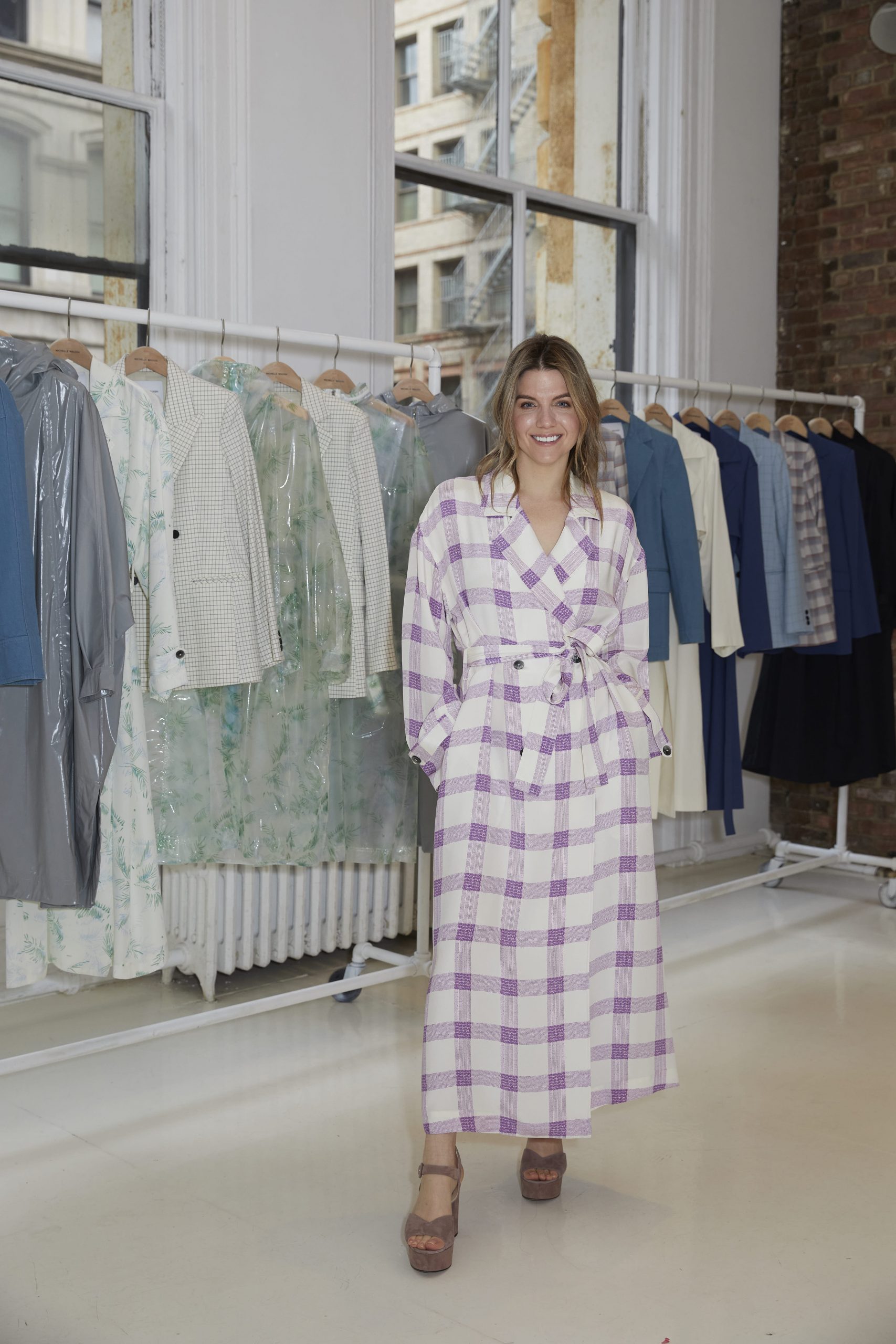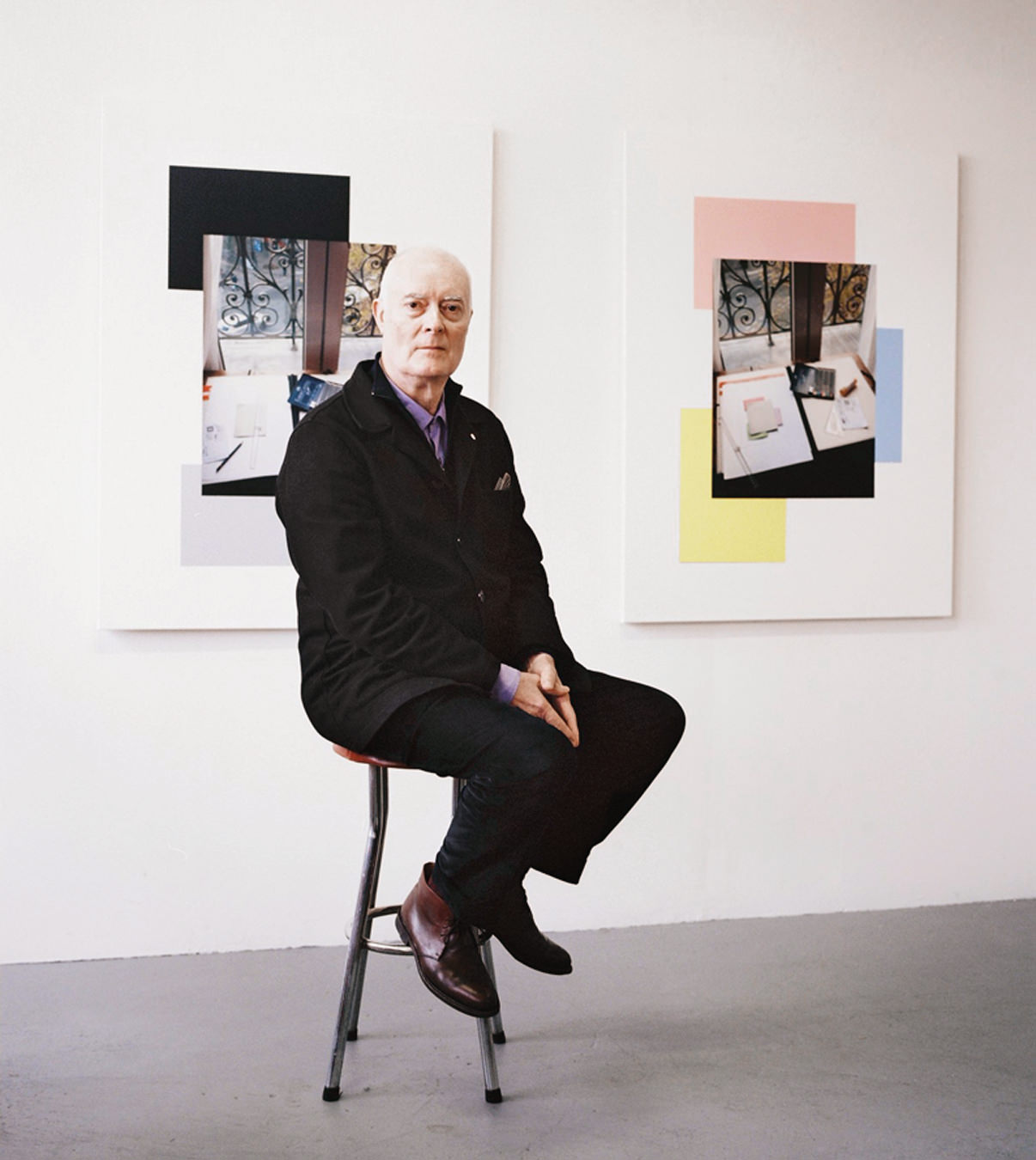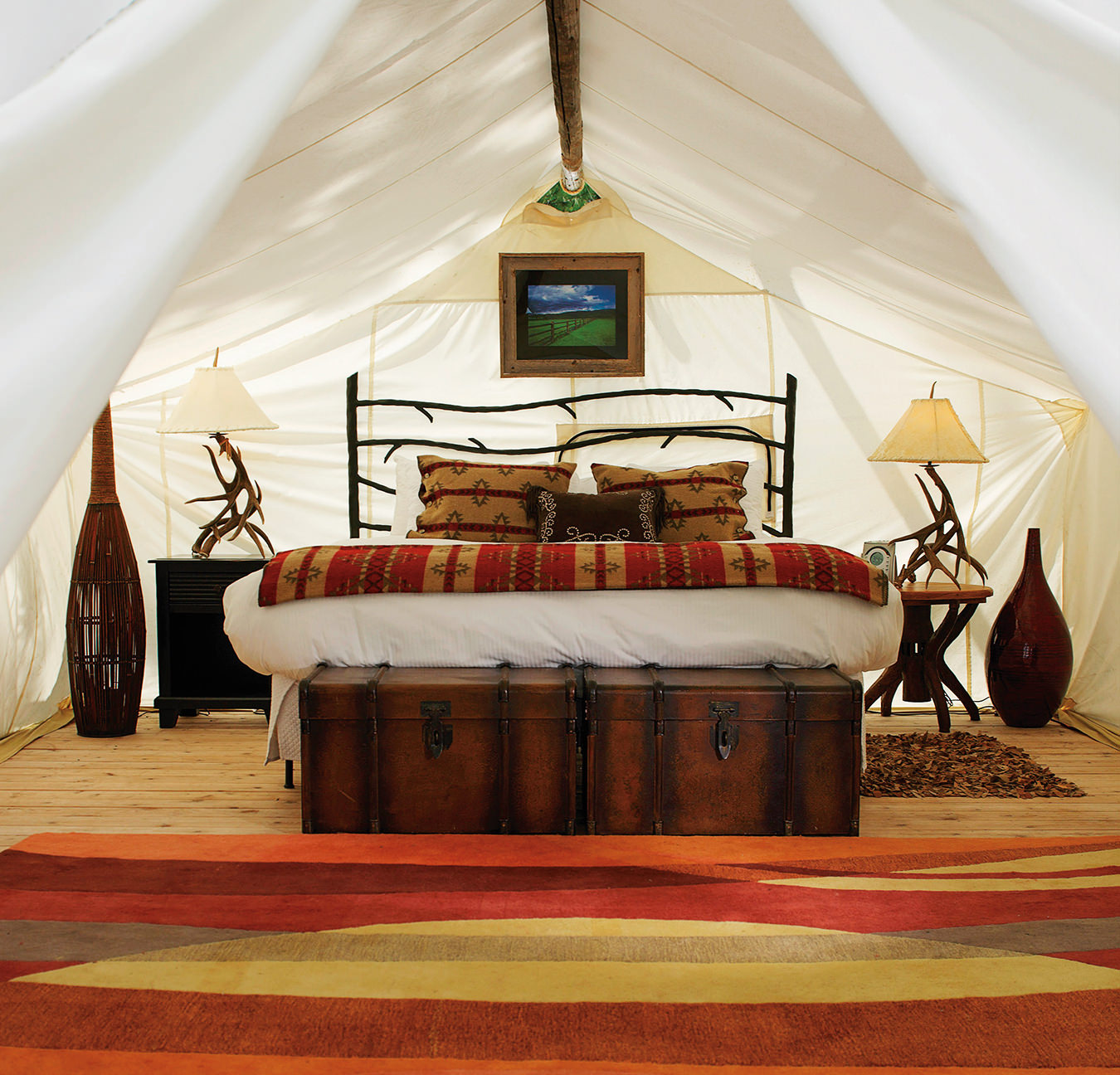Canadian Designer Michelle Waugh on How COVID Is Affecting Small Brands

It’s no secret that the fashion industry is one of many that have been severely impacted by the spread of COVID-19. Small brands are paying the price, as retailers continue to drop orders and customers spend less frivolously. Designers, such as Michelle Waugh, have had to find creative ways to evolve. Waugh has done what many in her position are doing: personalizing her brand and connecting with her customers in more authentic ways. Communicating with her customers on social channels, she feels, has been a huge way to keep her brand afloat. This personal engagement comes naturally to small brands and reveals the ways mass market companies are falling short. While times are undeniably tough, Waugh has discovered silver linings through lessons learned as both a mother and a designer during this time. She foresees great opportunities and shifts in fashion after COVID-19—realizing that small brands might not actually be the underdogs after all.
How has COVID-19 affected your business?
Sadly, all of the retailers we work with had to shut their doors for the time being, and we are no longer able to meet with clients face-to-face, which was a big part of our business. This has affected our sales and ability to generate cash flow. The important thing is that our team is safe, and we will get through this.
How are you attempting to keep the brand afloat?
For us it’s been about connecting with our clients via social, not in a way to sell product, but rather a way to just come and escape with us as we share ways we are working through our days with COVID-19. It’s really about connecting with our clients in healthy and empathetic ways to offer support to them. We continue to evaluate how we are communicating at this time and being sensitive to what people are going through. We hope bringing positivity, sharing our experiences, and donating during these scary times can help us stay afloat but also remind us that we are all in this together. We still have a lot to learn in how we will navigate all of this, but for now it’s about connecting, not selling.
How has it affected your day-to-day as a mom? Any tips on WFH with kids?
This has changed everything for me. It takes a village to be a working mother, and I lost my village for the time being. I’m now a full-time mom, full-time business owner, full-time school teacher, cleaning, cooking, and trying to take care of myself and my family all at once. It has been crazy! With that being said, there has been a silver lining in which we have all really been able to be together, and my daughters literally feel like they’ve won the lottery. It really put everything into perspective for me. I’m definitely re-evaluating the way I will do things moving forward. I don’t want to be out of the house Monday to Friday from 9 to 6 p.m. I want to spend a lot more time with my family and work on a better family balance. My husband feels the same way. We have done some big changes as a family during this time, and they have been for the best. This sounds ridiculous, but seriously, my best tip for WFH with kids has been my car! Nobody can find me, and I can even sneak in some me time to catch up with a girlfriend or just check out with music or a podcast. My car has been my most valuable real estate during COVID-19.
Are there ways customers can help support small brands even if they’re not in a position to shop?
Yes, for sure! I think sharing with others why you support or love a small business is great. Share the love on social; make connections between individuals who may love what that small business is doing. Just overall being vocal about the importance of supporting small businesses and shopping local.
Are you participating in any relief efforts? How are you helping give back as a brand?
Yes, we are! We are donating 15 per cent of all of our sales online and sales with our retail partners such as Goop, Saks, MATCHESFASHION, Moda Operandi, and Feeding America. Millions of people are struggling to get by due to COVID-19, underemployment, and stagnant wages; and 40 million turn to Feeding America each year for additional support. Nobody can thrive on an empty stomach, and we hope our contributions can help many families.
What effects do you think COVID-19 will have on the fashion industry in a larger sense?
The fashion industry was already past due for big, impactful changes. Unfortunately, it took a global pandemic for everyone to really re-evaluate the industry. It’s amazing the ways in which this all proved how incredibly fragile the fashion industry is. A lot of the fashion industry’s systems have been outdated and extremely wasteful. I believe it will force a lot of brands to engage and adopt technology for a more sustainable future. It will be about truly creating emotional connections with the clients, homing in on what the clients want, and doing all of that in a new digital world. It will be about small and exclusive collections rather than mass fashion and wasteful production. We will move more toward buying with purpose and empathy rather than buying just to buy.
________
Never miss a story. Sign up for NUVO’s weekly newsletter here.




